Robbie S. of Troop 2012 in Sterling, Virginia, had taken an interest in his father’s hobby as a beekeeper. Watching him work taught Robbie the importance of bees in the environment. He learned that bees and other pollinators are vital to plant reproduction and biodiversity. While learning more about these pollinators, he also learned that honey bees are at extreme risk of extinction due to Colony Collapse Disorder (CCD) which is caused by various factors such as pesticides and poor nutrition. Robbie knew that for his Eagle Scout Project he wanted to raise awareness about pollinators and help the local honey bees out with some new bee boxes.
Robbie needed to show his Troop and his community the importance of pollinators to their ecosystem. So he began to research all he could about honey bees, mice, tracheal mites, and other pollinators, and how they help spread pollen. While Robbie was enthused to have found so much information, he was a bit overwhelmed by the amount of it and he had to figure out how to condense it into a slideshow. Once he had completed his slideshow, he recruited some volunteers to begin the process of building bee boxes. They were able to get their hands on a few kits with the help of Robbie’s father and they began their work. After finishing two beehives, Robbie was ready to show his work and spread awareness about pollinators to his community. He explained their importance to biodiversity, and ways they can help on an individual level, such as not using pesticides on your lawn.
Now that he completed his project, Robbie was able to not only learn more about pollinators and how to build bee boxes but how to effectively communicate and organize. There were many steps to this project from emails and agendas to keeping Scouts organized and keeping track of dates which led Robbie to quickly build his communication and organization skills. Even though it was hard work, it was all worth it in the end for Robbie because he was able to spread more awareness about the importance of pollinators.
If you’re interested in learning more about pollinators, you can check out Robbie’s slideshow here!

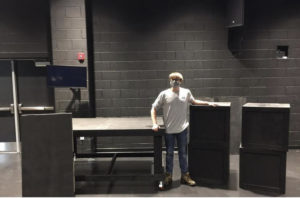
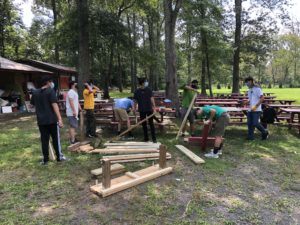
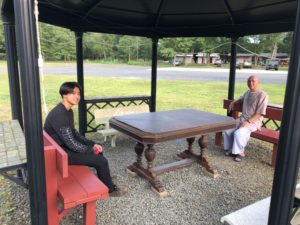
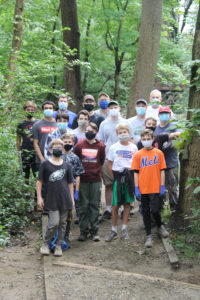
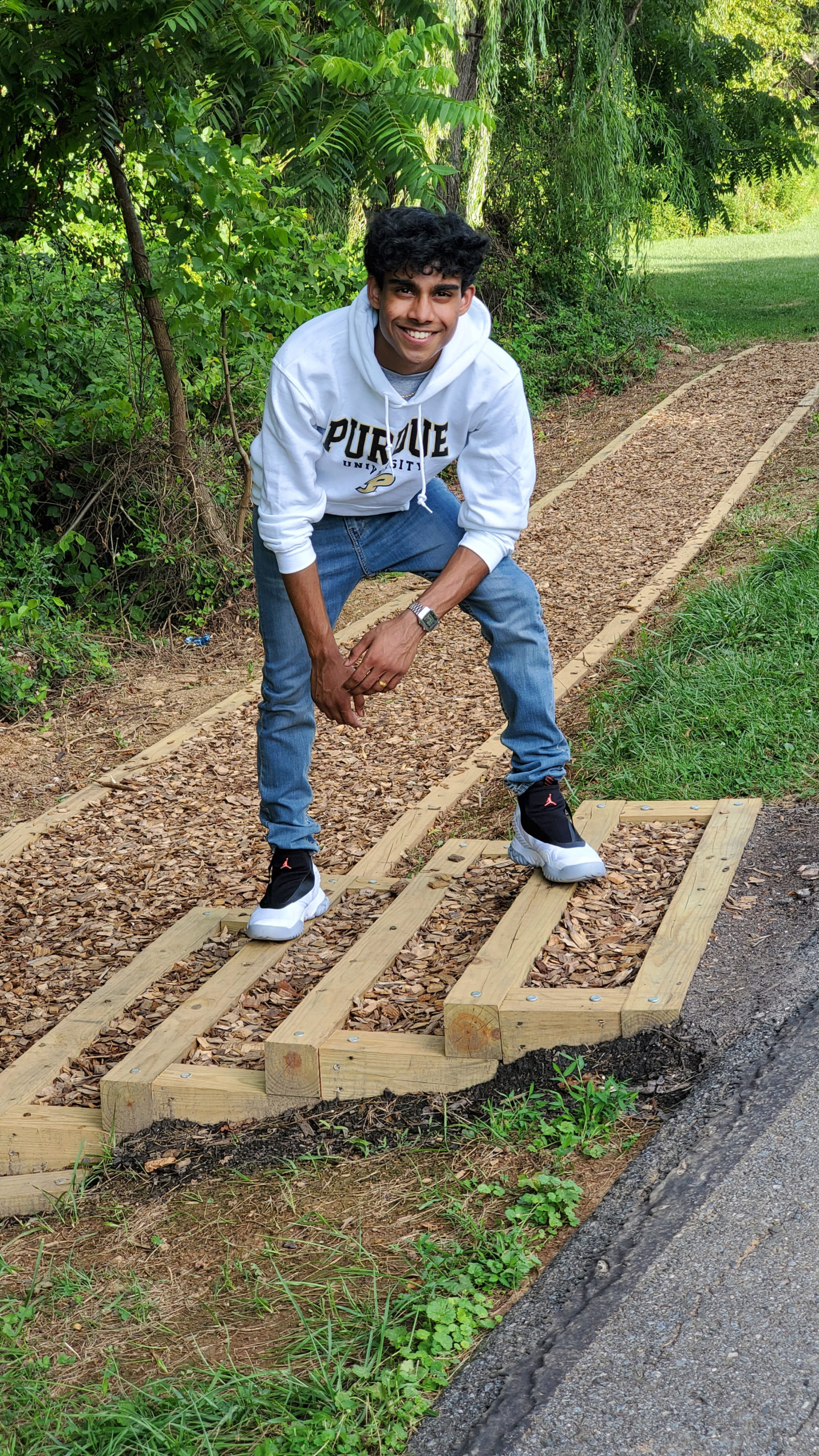 As someone who has always had a soft spot for community service and a passion for engineering, I felt that my Eagle Project was a perfect opportunity for me to make a meaningful impact in my community while also developing personal skills and knowledge. For my project, I built a new path alongside a hill in my community, but it involves the risk of skidding and falling down the hill into shrubs while walking tangent to such a steep slope. My goal was to fix this issue and create a more convenient and safer path for everyone.
As someone who has always had a soft spot for community service and a passion for engineering, I felt that my Eagle Project was a perfect opportunity for me to make a meaningful impact in my community while also developing personal skills and knowledge. For my project, I built a new path alongside a hill in my community, but it involves the risk of skidding and falling down the hill into shrubs while walking tangent to such a steep slope. My goal was to fix this issue and create a more convenient and safer path for everyone.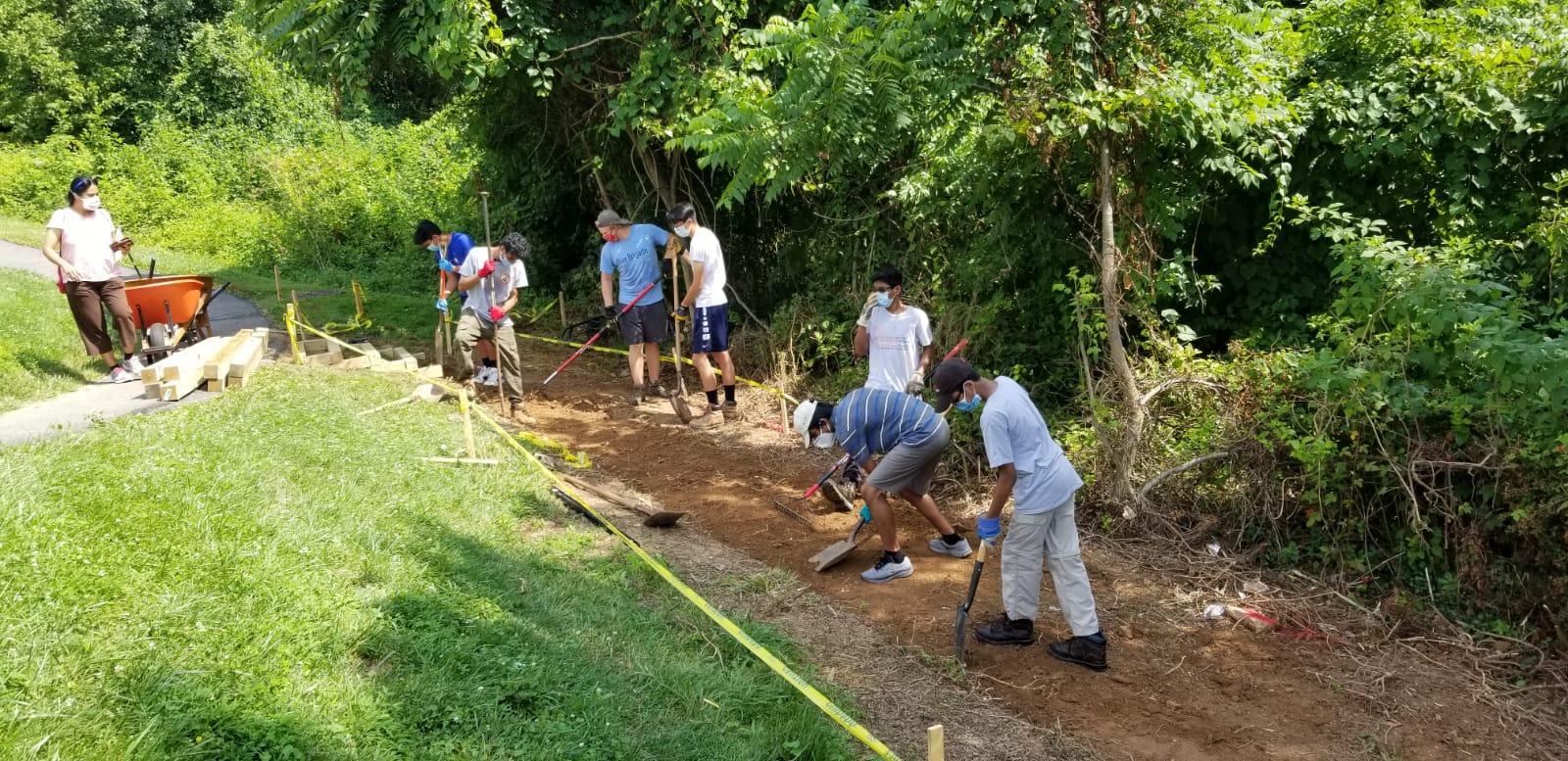 My favorite part of this project is that it is related to my passion for engineering. I learned so much about leading a team under pressure and gaining experience designing and executing engineering plans. It was also humbling to see so many volunteers willing to donate tools or come and help out. Companies like Ace Hardware, which donated tools for my project, Mainscapes, donated, and delivered all the woodchips I needed. Many of my friends who volunteered in the project (some of whom were not even Boy Scouts themselves) were essential to my project’s success. Moreover, one of the workdays was during my 18th birthday, and it was very satisfying to spend the day that marked my adulthood, giving back to my community that made me who I am. This project taught me a lot about planning, delegating duties to people based on their strengths, learning to accept the unexpected, and understanding that you can’t be prepared for everything; impulse decisions under pressure will always be needed. I also learned to think and work like an engineer, worry about how the structure will hold up in various weather conditions, react to wear and tear, and understand the importance of adhering to all safety regulations for any construction.
My favorite part of this project is that it is related to my passion for engineering. I learned so much about leading a team under pressure and gaining experience designing and executing engineering plans. It was also humbling to see so many volunteers willing to donate tools or come and help out. Companies like Ace Hardware, which donated tools for my project, Mainscapes, donated, and delivered all the woodchips I needed. Many of my friends who volunteered in the project (some of whom were not even Boy Scouts themselves) were essential to my project’s success. Moreover, one of the workdays was during my 18th birthday, and it was very satisfying to spend the day that marked my adulthood, giving back to my community that made me who I am. This project taught me a lot about planning, delegating duties to people based on their strengths, learning to accept the unexpected, and understanding that you can’t be prepared for everything; impulse decisions under pressure will always be needed. I also learned to think and work like an engineer, worry about how the structure will hold up in various weather conditions, react to wear and tear, and understand the importance of adhering to all safety regulations for any construction.